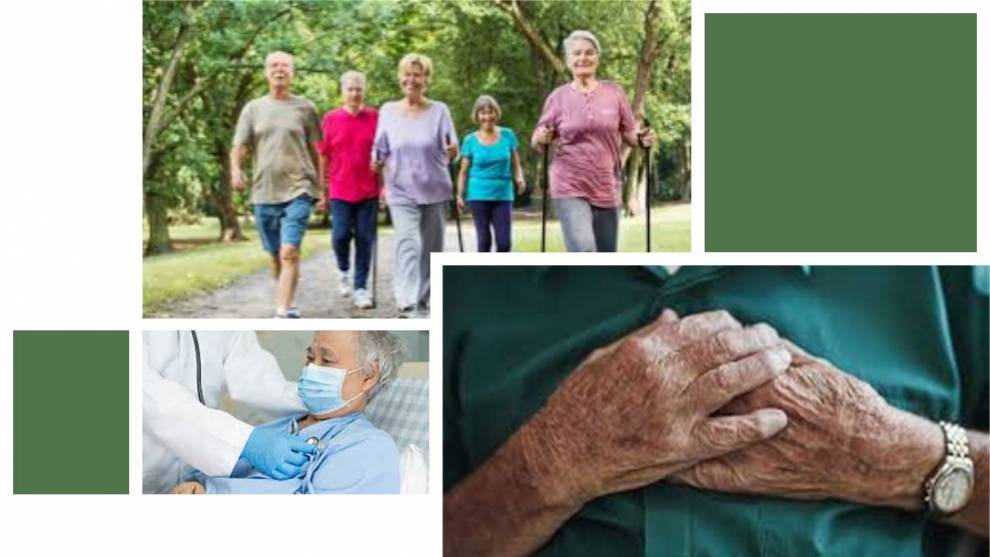
In the absence of any available vaccine or cure for COVID-19, it is of utmost importance to develop improved screening techniques to correctly identify those most likely to develop severe illness and die from the disease. Many determinants, including genetic predisposition, nutrition, social, economic, health behaviours, chronic comorbid health conditions, and environmental factors, contribute to communicable diseases such as COVID-19. However, there is limited understanding of the relative importance of the individual and synergistic contributions of these determinants in relation to COVID-19. The majority of these factors are also associated with frailty. Older adults, particularly those living with frailty, are at high risk of hospitalization and death due to COVID-19. We hypothesise that there is a wide range of interacting factors associated with the incidence and progression of COVID-19 among older adults living with frailty and that these may differ from risk factors among those living without frailty.
This project has the following objectives:
OBJECTIVES:
To identify among middle-aged and older adults (aged 50-83) living with frailty in comparison to their peers who are not frail, what is the increased risk of a) contracting COVID-19; b) developing severe COVID-19 symptoms requiring hospitalization, and c) dying from COVID-19.
To document among frail middle-aged and older adults, what sociodemographic, genetic, pre-existing health factors, health behaviours, biomarkers, nutrition, social support/social interaction, and environmental factors are associated with a) contracting COVID-19; b) developing severe COVID-19 symptoms requiring hospitalization, and c) dying from COVID-19.
To investigate among UK Biobank participants who contracted COVID-19, how frailty level, and sociodemographic, genetic, pre-existing health factors and health behaviours, biomarkers, nutrition, social support/social interaction, and environmental factors contribute to the progression of the disease with respect to a) hospitalisation, and b) death.
Funder: Canadian Institutes of Health Research (CIHR)
Principal Investigator: Prof Esme Fuller-Thompson (University of Toronto)
Co-Investigator: Dr Dorina Cadar
Contact: Dr Dorina Cadar at d.cadar@ucl.ac.uk
 Close
Close

